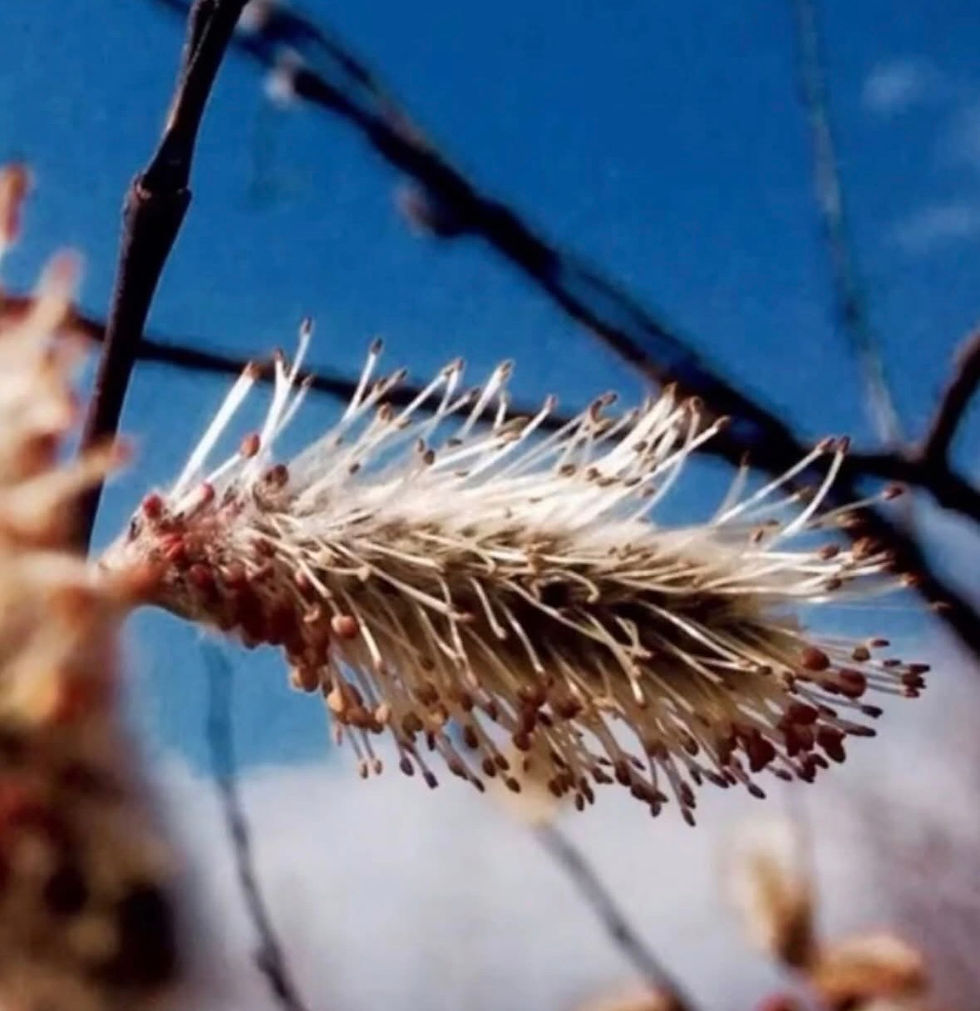George Freek: Everything Must Die
- ZiN Daily
- 20. velj 2023.
- 1 min čitanja

Image: Unsplash, downloaded (https://unsplash.com/photos/fmVuEDC2aG4) 17.12.2022.
A SORT OF CONVERSATION (Tu Fu)
A cold night arrives.
Leaves die on the trees,
Will I know when
it’s my turn to die?
Clouds which appear
as solid as mountains
disappear from the sky.
Death is an unknown.
What makes those leaves die
on my maple tree?
I ask my cat.
He’s very wise. He’s
concerned with a bug.
He pays no attention to me.
WHERE DOES THE PAST LIE (After Su Tung Po)
A black moon rises
in a blackening sky.
A hawk swoops,
I hear a night bird cry.
It’s disturbing,
but everything must die.
I fall into my bed.
Unable to sleep,
I walk into my garden.
The stars give no cheer.
They’ve been dead
for millions of years.
I wonder about a girl
I loved years ago.
It’s foolish of me.
Why would I want to know?
IN A BLUE GARDEN (After Liu Yong)
I stare over empty flowerpots
at my decaying garden.
The roses are dead.
Hollyhocks no longer bloom.
The day turns into night.
Stars flicker and fade.
They’re distant dreams,
and the moon is
not what it seems.
I’ve lost my sense of place,
comforted by fantasies.
I’m now fifty-eight.
I realize I know nothing,
and it’s getting rather late.
About the Author: George Freek's poem "Written Blue Lake" was nominated for a Pushcart Prize. His poem "Enigmatic Variations" was also recently nominated for Best of the Net. His collection "Melancholia" is published by Red Wolf Editions.








Komentari